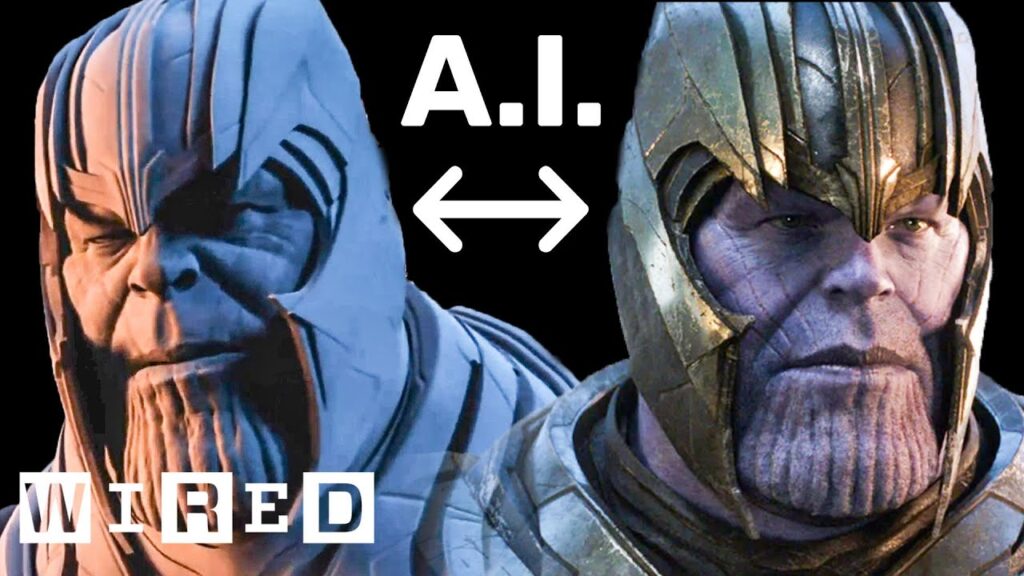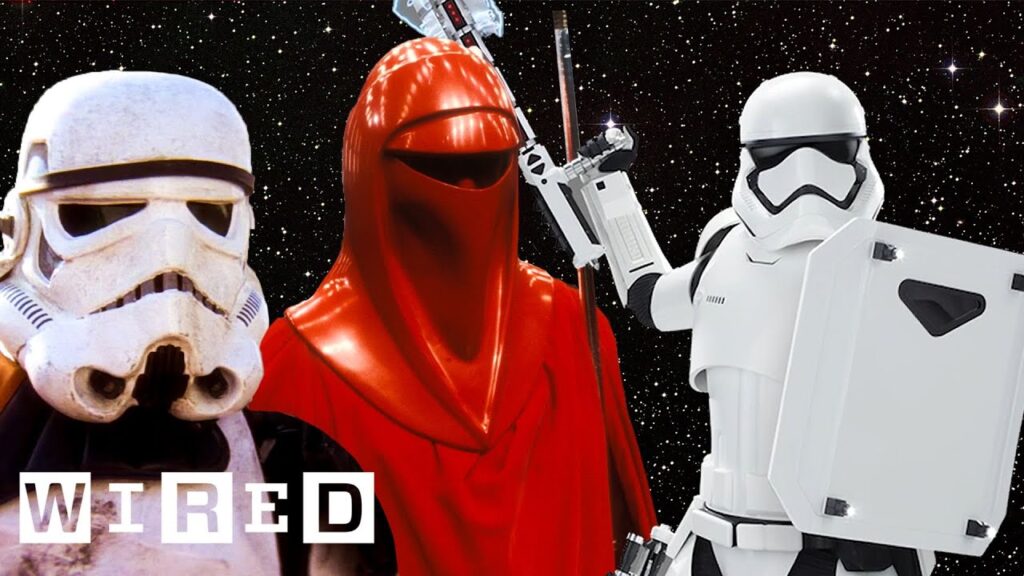Challenging Infinity: Explaining the Concept of Infinity at Different Levels
Summary
In this article, we delve into the fascinating concept of infinity, as explained by mathematician Emily Real. Emily explains the different types of infinities and their properties, including their use in calculus and algebra. The article discusses the application of the axiom of choice, as well as various forms of universes of set theory, such as Grothendieck’s universe, in making work in category theory rigorous. Finally, we look at how infinity inspires mathematicians and its philosophical implications.
Table of Contents
- Types of Infinites and their Properties
- One-to-One Correspondence and Infinity
- Uncountable Infinity and Its Practical Implications
- Axiom of Choice and Forms of Universes
- Paradoxes and Strange Consequences
- Philosophical Implications of Infinity
Introduction
Infinity is a concept that has fascinated human minds for centuries. While infinity cannot be seen or touched, it has played a significant role in mathematics, philosophy, and science. Infinity is both complex and mysterious, difficult to find in the real world, yet precisely reasoned by mathematicians. In this article, we aim to understand this fascinating concept through the eyes of mathematician Emily Real. We explore the various types of infinities and their properties, how mathematicians use one-to-one correspondence to compare infinite sets, and the practical implications of uncountable infinity in computer science. We also discuss the axiom of choice and its forms and the philosophical implications of mathematics.
Q&A
Types of Infinites and their Properties
Q: What is infinity, and how is it defined in mathematics?
Emily Real: Infinity means something that never ends, whereas finite refers to a countable process or quantity. In mathematics, we consider infinity to be a number as it is a size of a set. Infinity is used in many different ways in mathematics, with some bizarre properties, such as adding and multiplying infinity.
Q: Can you explain Hilbert’s Hotel and its relevance in understanding the concept of infinity?
Emily Real: Hilbert’s Hotel is a story that mathematicians use to explain some of the counterintuitive properties of the arithmetic of infinity. Imagine a hotel with infinitely many rooms, each occupied by a guest. Now imagine an infinite number of new guests arriving; the hotel still has a room for everyone by shuffling guests from one room to the next. The hotel illustrates how we can have an infinite set with different sizes, but we can still work with it.
One-to-One Correspondence and Infinity
Q: Can you explain the idea of one-to-one correspondence or bijections, and how this relates to infinity?
Emily Real: One-to-one correspondence or bijections are used to compare the sizes of different infinite sets. For example, Georg Cantor’s idea of one-to-one correspondence explained how the natural numbers and the integers are the same size of infinity. He showed this by creating a bijection between the two sets. Bijections allow us to prove that certain infinite sets are the same size, even though they appear to be of different sizes.
Q: What are some other ways that mathematicians compare infinite sets?
Emily Real: We use the concept of cardinality to compare infinite sets. Cardinality is a measure of the size of a set, regardless of the specific objects within the set. We can use this measure to compare the sizes of different infinite sets. For example, the size of the set of real numbers is greater than the size of the set of natural numbers.
Uncountable Infinity and Its Practical Implications
Q: How do mathematicians deal with uncountable infinity, and what are some practical implications?
Emily Real: Uncountable infinity refers to the size of the set of real numbers, which is larger than the size of the set of natural numbers. This set is so large that we cannot count it or even write it out; it is uncountable. In computing, this means that we cannot store all real numbers on a computer in finite memory. Instead, we use approximations to real numbers for practical purposes.
Q: Are there any practical applications of uncountable infinity?
Emily Real: Yes, uncountable infinity has several practical implications, particularly in computer science. For example, it affects cryptographic systems that need to generate random numbers. The security of these systems depends on the fact that truly random numbers are uncountable. This property makes them difficult to guess or predict, providing better security.
Axiom of Choice and Forms of Universes
Q: Can you discuss the axiom of choice, and how it applies to the concept of infinity?
Emily Real: The axiom of choice is a controversial statement in mathematics that says that given any collection of non-empty sets, there exists a way to choose one element from each set. This statement is powerful in its ability to prove the existence of non-measurable sets and its application to analysis, algebra, and topology. However, its application to infinity is particularly significant as it raises many questions about the foundations of set theory.
Q: What is Grothendieck’s universe, and how is it used in category theory?
Emily Real: Grothendieck’s universe is a set-theoretical concept that is used in making work in category theory rigorous. It is essentially a large set that is considered big enough to contain all mathematical objects that are of interest to a particular application. In essence, it is a way of avoiding paradoxes related to the size of sets. Grothendieck’s universe is one way to make set theory more rigorous, but it is not the only one.
Paradoxes and Strange Consequences
Q: What are some paradoxes and strange consequences that arise from the axiom of choice?
Emily Real: One of the paradoxes that arise from the axiom of choice is the Banach–Tarski paradox, which states that a solid ball can be decomposed into finitely many pieces and then reassembled to form two solid balls identical to the original. This paradox shows the strange consequences of the axiom of choice’s application to infinity. Other paradoxes include Zermelo’s paradox and Russell’s paradox. While paradoxes may challenge our intuition and understanding, they can also lead to important insights into the foundation of mathematics.
Philosophical Implications of Infinity
Q: What are the philosophical implications of infinity?
Emily Real: The concept of infinity raises many questions about the nature of mathematics and the world around us. It challenges our intuition and understanding of the real world, which is finite. However, infinity can inspire us and broaden our perspectives beyond what our senses or human lifespan can experience. It is an essential concept in modern mathematics, leading to many new discoveries and advancements. Ultimately, the development of mathematics to answer questions about infinity is what interests mathematicians the most.
Conclusion
In conclusion, infinity is a fascinating concept that has been studied and explored for centuries. Infinity can mean different things to different people, but in mathematics, it refers to the size of an infinite set. We have seen how mathematicians use one-to-one correspondence to compare infinite sets, and the practical implications of uncountable infinity in computer science. We have also explored the various forms of universes used in proving theorems, such as Grothendieck’s universe. The concept of infinity has also had important philosophical implications, pushing our understanding of the real world beyond what we can experience. Despite the challenges and paradoxes that arise from dealing with infinity, mathematicians have continued to be inspired by this concept, leading to many new discoveries and advancements.







